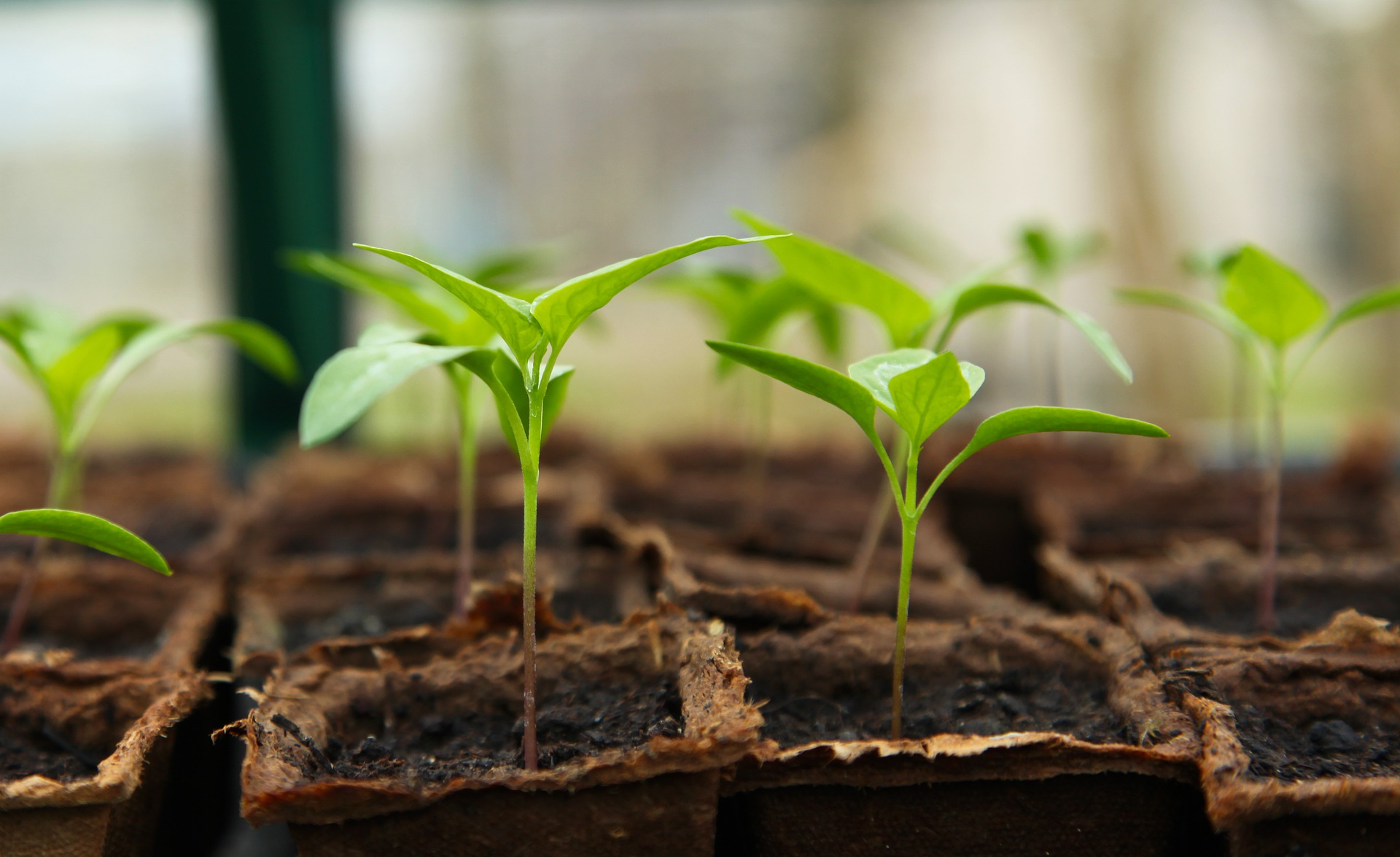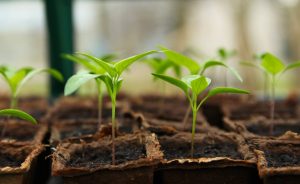

Small Business Development Project 3 is initiated and financed by bp and its partners in Georgia Pipeline Company. The objective of the project is deepening positive relations between bp and communities along the Baku-Supsa pipeline by promoting of establishment and development of the microbusinesses.
Recently, the issue of the climate change impact on agriculture has become increasingly relevant. Since there is a fairly large number of persons engaged in primary agricultural production among the project beneficiaries, namely greenhouse and berry producers and agro-services, their acquaintance with the situation in this area, risks and response mechanisms is important to strengthen their sustainability. In this regard, at the end of April the introductory training was held on theoretical basics of climate change impact on agriculture. Ms. Nino Dekanoidze, the representative of Rural Development Agency, agro ecologist and climate smart agriculture specialist was invited as a trainer.
There were discussed such topics as weather and climate change, global warming, greenhouse gases and their main sources, climate change impact on water resources, soil, nitrogen cycling etc. The issues of using renewable energy sources in agriculture were also touched upon. Comparison of traditional and conservation agriculture methods aroused particular interest of the listeners. Despite the abundance of the theoretical material, the training aroused interest and deserved positive evaluation of the participants.
The logical continuation of this training became its second part, which was more focused on the practical aspects. This training was also held in online mode at the end of June 2021. Mr. Tamaz Dundua, the well-known expert in the field of organic agriculture and bio farming, was invited as a trainer.
At the beginning of the training, the participants briefly introduced themselves and described the problems caused by climate change that they faced personally. For most of people the main problems were lack of irrigation water and soil depletion. Then, the trainer gave a brief background on the origin of this problem, he also highlighted discouraging forecasts for the future, if no action is taken. The participants were particularly interested in vermicompost production and adaptation measures such as use of local drought-resistant varieties and establishment of wind breaks. The training aroused quite a lot of interest, degree of the participants’ involvement was also quite high. As a result of the training the project beneficiaries increased their awareness of what is climate change and how climate changes and food security are related and learned about some climate change adaptation options at their household level. All listeners praised it as useful and relevant to their needs and expressed the hope that they could use some of the solutions on their farms.